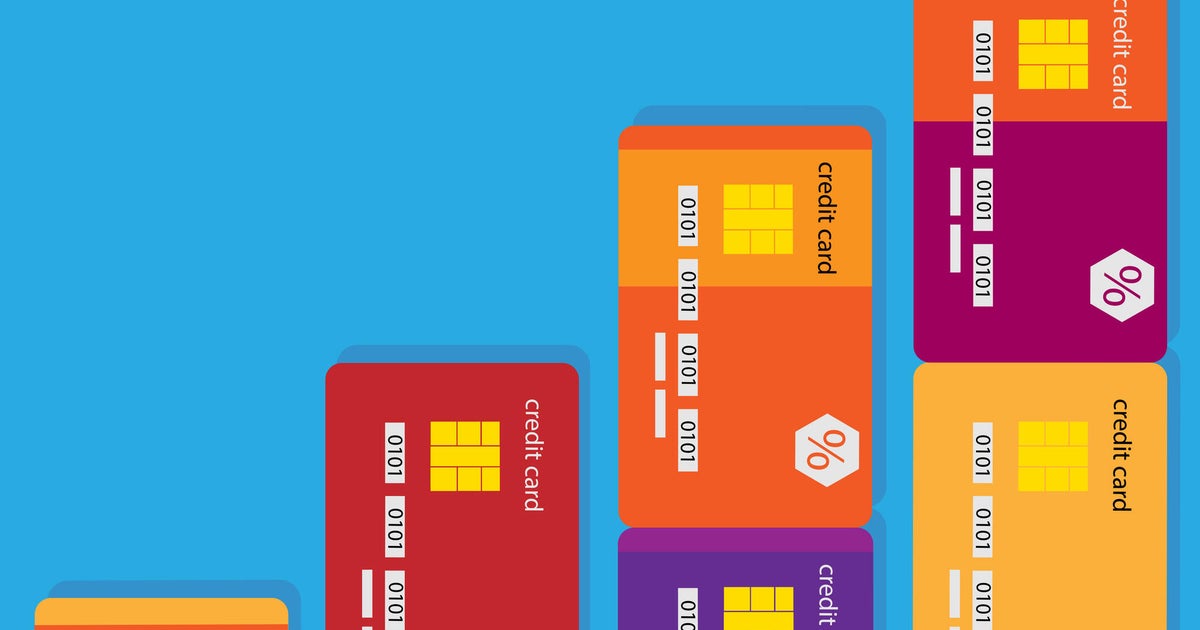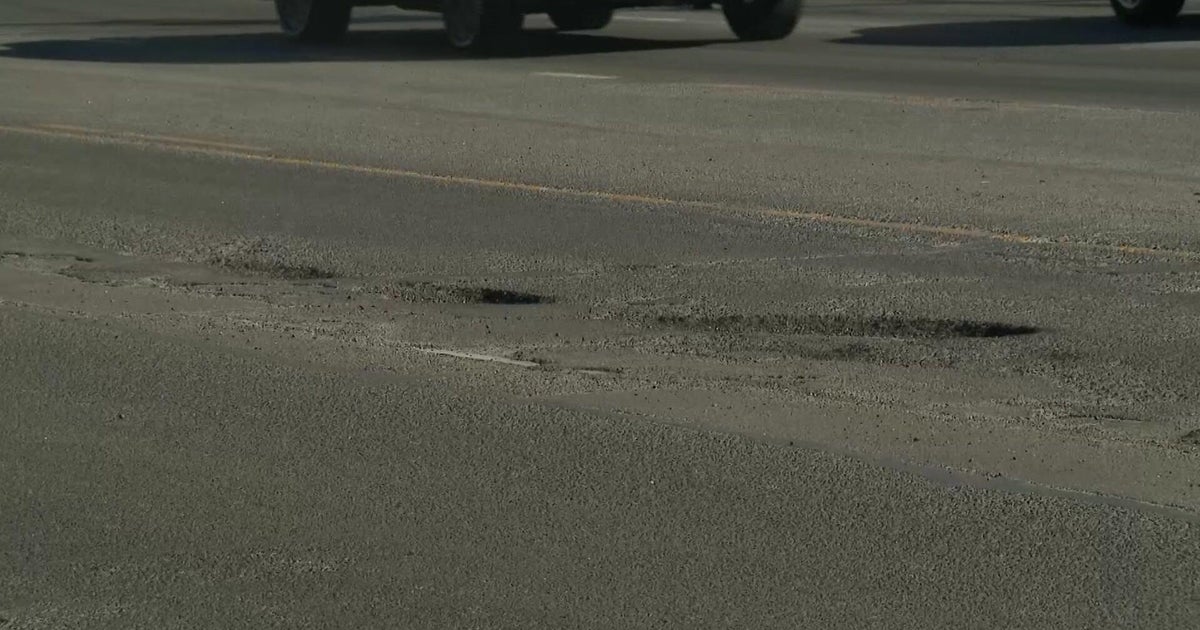5 ways to access your home equity in an emergency
Life is a journey filled with twists and turns, and unexpected financial challenges can arise when we least anticipate them. Whether it's a sudden medical expense, unforeseen home repairs or an abrupt job loss, having access to financial resources becomes paramount during these trying times.
For many homeowners, their home's equity stands out as a valuable asset that can serve as a financial lifeline. And, that's especially true right now considering that the average homeowner has about $200,000 in tappable home equity that can be used for nearly any purpose — including emergencies.
If you're facing a financial crisis currently and are wondering how to tap into your home's equity, there are a few strategic ways you can do that in the event of an emergency.
Ready to get started? Explore your top home equity loan options here.
5 ways to access your home equity in an emergency
There are a few different ways you can gain access to your home's equity if you're facing a money emergency, including:
A home equity line of credit (HELOC)
A HELOC can be a flexible and accessible option for homeowners seeking emergency funds. Functioning like a revolving credit line, a HELOC allows you to borrow against the equity in your home, offering a flexible financial solution to homeowners who either aren't sure of how much money they need to access — or those who may need access to their loan funds multiple times to cover an emergency.
The interest rates associated with HELOCs are also typically lower than those of credit cards, making it an attractive option for handling emergencies. With a HELOC, homeowners gain the freedom to draw funds as needed, repay them and utilize the line of credit again if circumstances demand. This financial tool provides both flexibility and control over your finances during challenging times.
Find the home equity loan rates you could qualify for here.
A home equity loan
When it comes to accessing home equity in emergencies, a home equity loan works as a structured and predictable option. Unlike a HELOC, a home equity loan provides a lump sum of money upfront, which is repaid over a fixed period with a fixed interest rate. This can be a preferable choice for those who seek the certainty of regular monthly payments.
Home equity loans are often earmarked for significant one-time expenses, such as medical bills or substantial home repairs. While the interest rates can be higher compared to HELOCs, they are generally lower than those associated with other forms of unsecured debt.
Cash-out refinancing
Cash-out refinancing can be a strategic approach for homeowners to unlock their home equity in emergencies. This process involves replacing an existing mortgage with a new one for an amount higher than the current outstanding balance. The difference between the two amounts is then disbursed to the homeowner in cash, providing a lump sum that can be utilized for various purposes, including emergencies.
Cash-out refinancing not only allows homeowners to secure a potentially lower interest rate on their mortgage but also provides immediate access to additional funds. However, mortgage rates are much higher right now than they were just a couple of years ago, so it's important to do your homework and ensure that the rate you're getting on a cash-out refinance is lower than the current rate you have on your mortgage. Otherwise, it may not make much sense to take this route.
It's also crucial to weigh the long-term implications, as this strategy extends the duration of the mortgage and may result in paying more in total interest over the life of the loan.
A reverse mortgage
For homeowners aged 62 or older, a reverse mortgage can be an unconventional yet effective means of tapping into home equity during financial emergencies. This financial arrangement enables homeowners to convert a portion of their home equity into cash without the need to sell their home or make monthly mortgage payments. The repayment of the loan occurs when the homeowner sells the home, moves out or passes away.
While a reverse mortgage may not be suitable for everyone, it can be a valuable option for seniors facing financial challenges or unexpected expenses during their retirement years.
A sale-leaseback arrangement
In a sale-leaseback arrangement, homeowners take a unique path to access their home equity. This involves selling the property to an investor and subsequently leasing it back, allowing homeowners to remain in their homes while accessing the equity.
This unconventional method offers a quick infusion of funds without the burden of mortgage payments. However, it's imperative to scrutinize the terms of the leaseback agreement and carefully consider the long-term implications. While this approach provides immediate financial relief, homeowners will typically have to relinquish some control over their property.
The bottom line
Navigating financial emergencies requires thoughtful consideration and strategic planning. Accessing home equity can serve as a valuable resource during challenging times and each option comes with its own set of advantages and considerations. Before making a decision, it is essential to carefully evaluate your individual circumstances and choose the option that aligns best with your needs. After all, the key is to make informed decisions that contribute to long-term financial well-being, ensuring you're able to weather the storms that life may bring.




